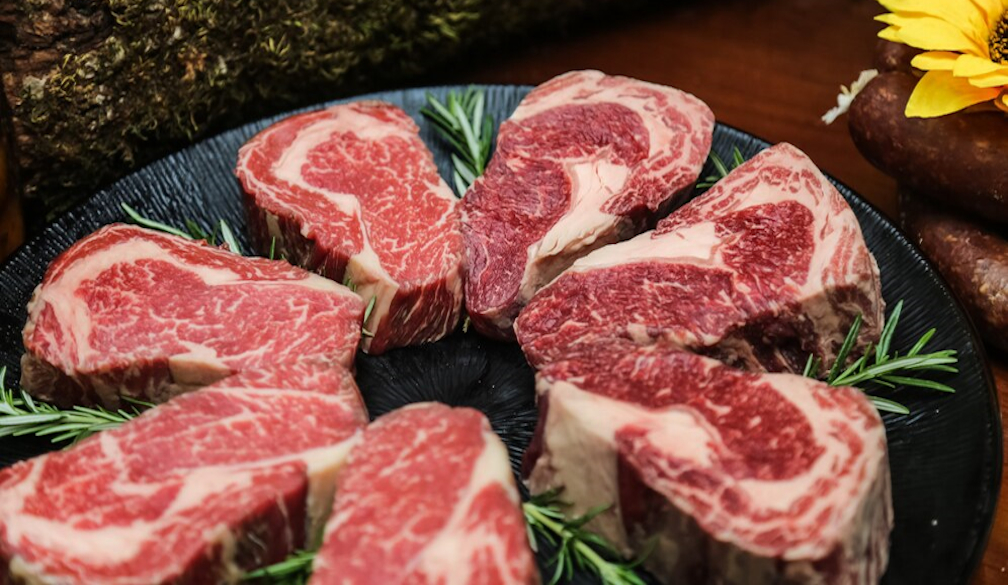"Rising to the Top: The Advantages of Pasture-Raised, Farm-Fresh Meat"

When it comes to purchasing meat, consumers have a plethora of choices. The options, which range from specialty butcher shops to traditional grocery store options, can be overwhelming. Farm-fresh, pasture-raised meat, on the other hand, is gaining popularity due to its quality and ethical considerations.
Ranch new field raised meat alludes to meat that comes from animals who have been brought up in their regular habitat, nibbling on field, and eating an eating regimen that is fitting for their species. Animal welfare, environmental sustainability, and the production of high-quality, nutrient-dense meat are the primary goals of this type of farming.
The superior quality of the product is one of the primary advantages of choosing meat that has been raised on farms and in pastures. Meat that is not only more flavorful but also more nutritious is produced by animals that have been raised on pasture, where they have access to clean air, sunlight, and a natural diet. Research has shown that field raised meat contains more elevated levels of fundamental supplements like omega-3 unsaturated fats, cell reinforcements, and nutrients contrasted with ordinarily raised farm fresh pasture-raised meat.
Meat raised on pasture not only has better health benefits, but it is also better for the environment. Biodiversity is encouraged, soil health is improved, and the carbon footprint of meat production is reduced by pasture-based farming systems. By grazing in a rotational manner, which mimics natural grazing patterns and prevents overgrazing, animals raised on pasture contribute to the land's regeneration. This sustainable farming method aids in the preservation of natural resources and lessens the environmental harm caused by industrial agriculture.
In addition, choosing meat that has been raised on a farm and is fresh from the pasture benefits local economies and small-scale farmers. By buying meat straightforwardly from ranchers who raise their animals on field, purchasers can have an immediate association with where their food comes from and support reasonable farming practices. Many consumers who are looking for food that is produced in an ethical manner have values that are in line with the small-scale farms' emphasis on environmental stewardship and animal welfare.
It is essential to look for labels such as "certified humane," "pasture-raised," or "grass-fed" when purchasing farm-fresh meat that has been raised in a pasture. These labels show that the meat comes from animals that were fed a natural diet and raised on pasture. To find farmers who specialize in pasture-raised meat, it's also a good idea to go to local farmers' markets or community-supported agriculture (CSA) programs.
Because of the numerous advantages it provides, many consumers are willing to pay a premium for farm fresh, pasture-raised meat. Nevertheless, it is essential to keep in mind that promoting environmentally friendly farming methods is an investment in our health, the environment, and the livelihoods of small-scale farmers. Consumers can have a positive impact on the food system and enjoy delicious, nutrient-dense meat that is good for people and the environment by choosing meat that has been raised in pastures.
In conclusion, consumers seeking high-quality, ethically produced meat should opt for farm fresh, pasture-raised meat. A healthier and better for the environment alternative to conventionally raised meat, pasture-raised meat is more sustainable and nutritious. Consumers can support small-scale farmers who raise their animals on pasture and enjoy the scrumptious flavor of farm-fresh meat while also making a difference in the food system. Pick field raised meat for a better, more manageable method for eating.


















